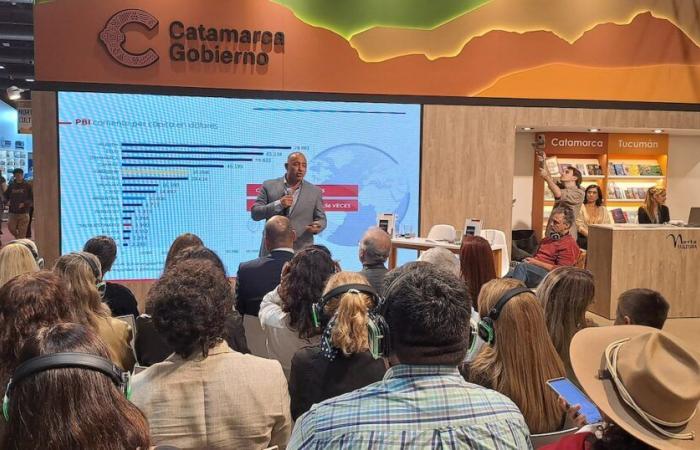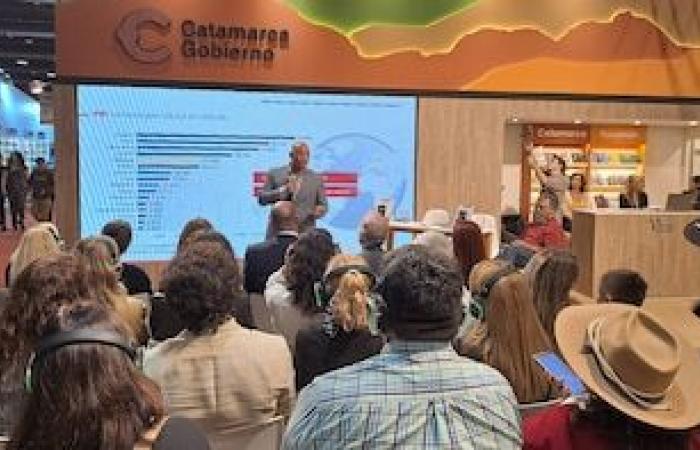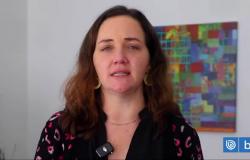The province of Salta presented this Friday at the Book Fair of Buenos Aires a proposal to reform the federal co -participation regime, with the aim of promoting more equitable development and reducing economic and social disparities between the different regions of the country. The initiative was released by the minister of Economy and Public Services of Salta, Roberto Dib Ashurwho presented the book entitled “Proposal for a new federal co -participation regime: equivalent degrees of development and quality of life with objective criteria of distribution and equal opportunities” and el stand the North Culture.
The proposal, prepared with the collaboration of experts, economists, academics and researchers from various jurisdictions, seeks to transform the economic structure of Argentina and double the gross internal product (PBI) of the country through a sustainable and long -term development agenda. According to Dib Ashur, the current economic concentration in a few provinces generated a division that limits the growth of many regions, especially in the Norte.
During the presentation, Dib Ashur stressed that Buenos Aires, Córdoba, Santa Fe and the Buenos Aires City They concentrate almost 70% of GDP, while the rest of the 20 provinces barely contribute 30%. In that context, the minister pointed out that inequality is even more pronounced in the North of the countrywhere social and economic indicators are comparable to those of countries Sub -Saharan Africawhile in the center of the country levels similar to those of developed countries of the OECD.

“Argentina cannot grow with a hyperdeveloped center and relegated peripheries. It is possiblesaid Dib Ashur. Throughout the presentation, the minister delineated the four fundamental axes of the proposal:
- A new federal co -participation: The reform of the co -participation system seeks to correct the inefficiency and asymmetries of the current scheme, proposing a more fair distribution and based on objective criteria.
- Infrastructure for productive integration: The Plan underlines the need to invest in key infrastructure, such as roads, railways, ports and energy networks. He Bioceanic corridorin particular, it stands out as a fundamental piece to position the north of the country as a logistics and productive pole in South America.
- Bet on strategic sectors: It is proposed to promote key sectors such as sustainable mining, clean energy, biotechnology, software industry, and tourism, such as economic growth and employment generation engines throughout the country.
- Development of human capital: Dib Ashur stressed that technical and university training must align with the productive needs of each region, strengthening collaboration between the State, the private sector and educational institutions.
“There is no possible growth without education”concluded Dib Ashur, emphasizing that progress must be inclusive and must be achieved through political consensus, the will for transformation and cooperation of all the actors of society. “There is a need for political will, long -term agreements and a shared vision,” insisted the head of the presentation.
The presentation was attended by several officials and experts, including the Public Income Secretary, Clear lonelinesshe Secretary of Culture, Diego Ashur Masand the Executive Director of the Federal Tax Commission, Alberto Pollolaamong others.
Salta’s proposal is part of a national discussion about the need to rethink the distribution of resources in the country and is seen as a step towards the construction of a More balanced Argentina and with greater opportunities for all its regions.








